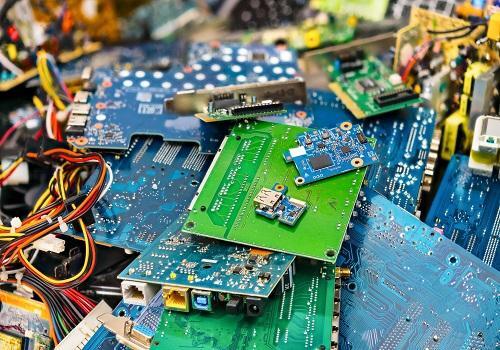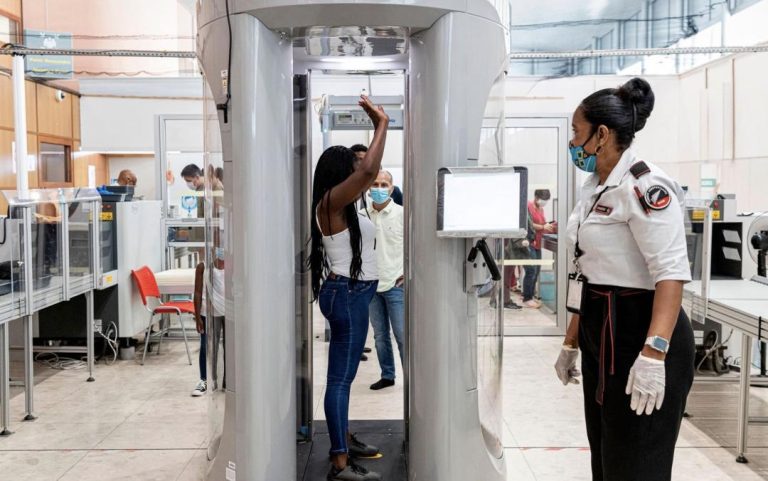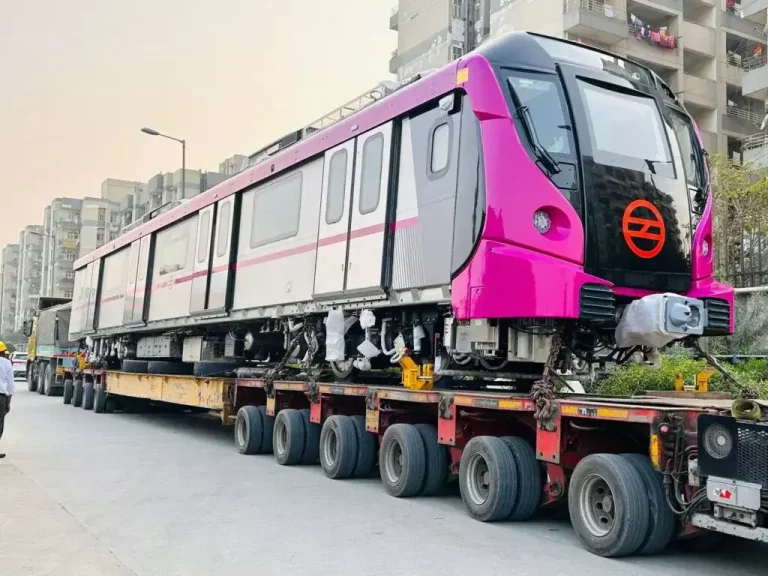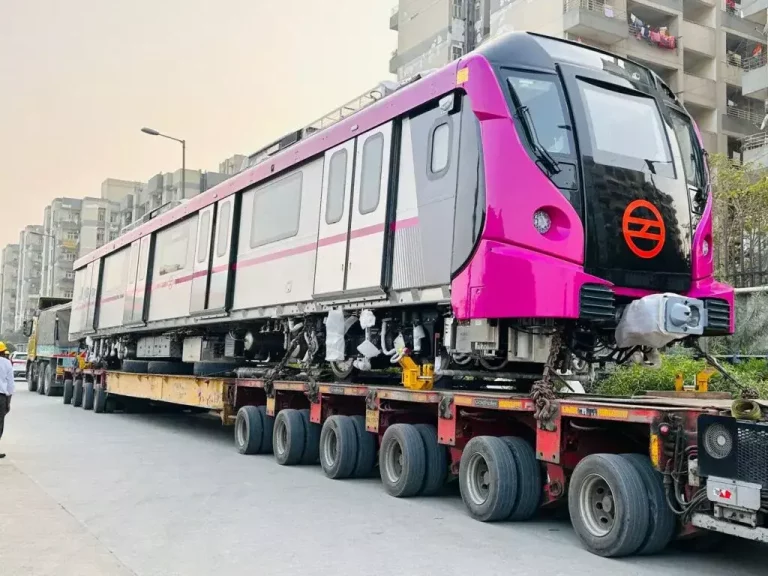
Cabinet okays ₹22,919 cr PLI for electronics components
In a significant move towards making India self-reliant in the electronics supply chain, the Union Cabinet, chaired by Prime Minister Narendra Modi, has approved the electronics component manufacturing scheme with a funding of ₹22,919 crore. The scheme, aimed at boosting the production linked incentive (PLI) scheme, is expected to attract an investment of ₹59,350 crore, generate an output of ₹4,56,500 crore, and create 91,600 jobs.
The approval of the PLI scheme is a major step towards achieving the government’s vision of making India a global hub for electronics manufacturing. The scheme is designed to incentivize domestic companies to manufacture high-value electronic components, such as printed circuit boards, semiconductors, and connectors, which are currently imported from other countries.
The PLI scheme was first announced in the Union Budget 2021-22, with an objective to promote domestic manufacturing and reduce dependence on imports. The scheme is expected to give a boost to the country’s electronics manufacturing industry, which has been growing rapidly in recent years.
Under the scheme, eligible companies will receive incentives in the form of PLI, which will be linked to the incremental sales of eligible electronic components. The PLI will be 4% of the incremental sales value of eligible electronic components, subject to a maximum incentive of ₹1,000 crore per company.
The scheme is expected to benefit both domestic and international companies, including original equipment manufacturers (OEMs), contract manufacturers, and component suppliers. The scheme will also create new job opportunities in the electronics manufacturing sector, which is expected to grow rapidly in the coming years.
The approval of the PLI scheme is a significant step towards achieving the government’s goal of making India a global hub for electronics manufacturing. The scheme is expected to give a boost to the country’s electronics manufacturing industry, which has been growing rapidly in recent years.
The scheme is also expected to reduce the country’s dependence on imports, which is expected to decline significantly over the next few years. The scheme will also promote the development of the country’s electronics manufacturing ecosystem, including the development of new technologies and innovations.
The PLI scheme is expected to benefit various sectors of the economy, including the IT, telecommunications, and automotive sectors. The scheme will also promote the development of the country’s electronics manufacturing sector, which is expected to grow rapidly in the coming years.
In conclusion, the approval of the PLI scheme is a significant step towards making India self-reliant in the electronics supply chain. The scheme is expected to attract significant investments, generate new job opportunities, and promote the development of the country’s electronics manufacturing ecosystem.






